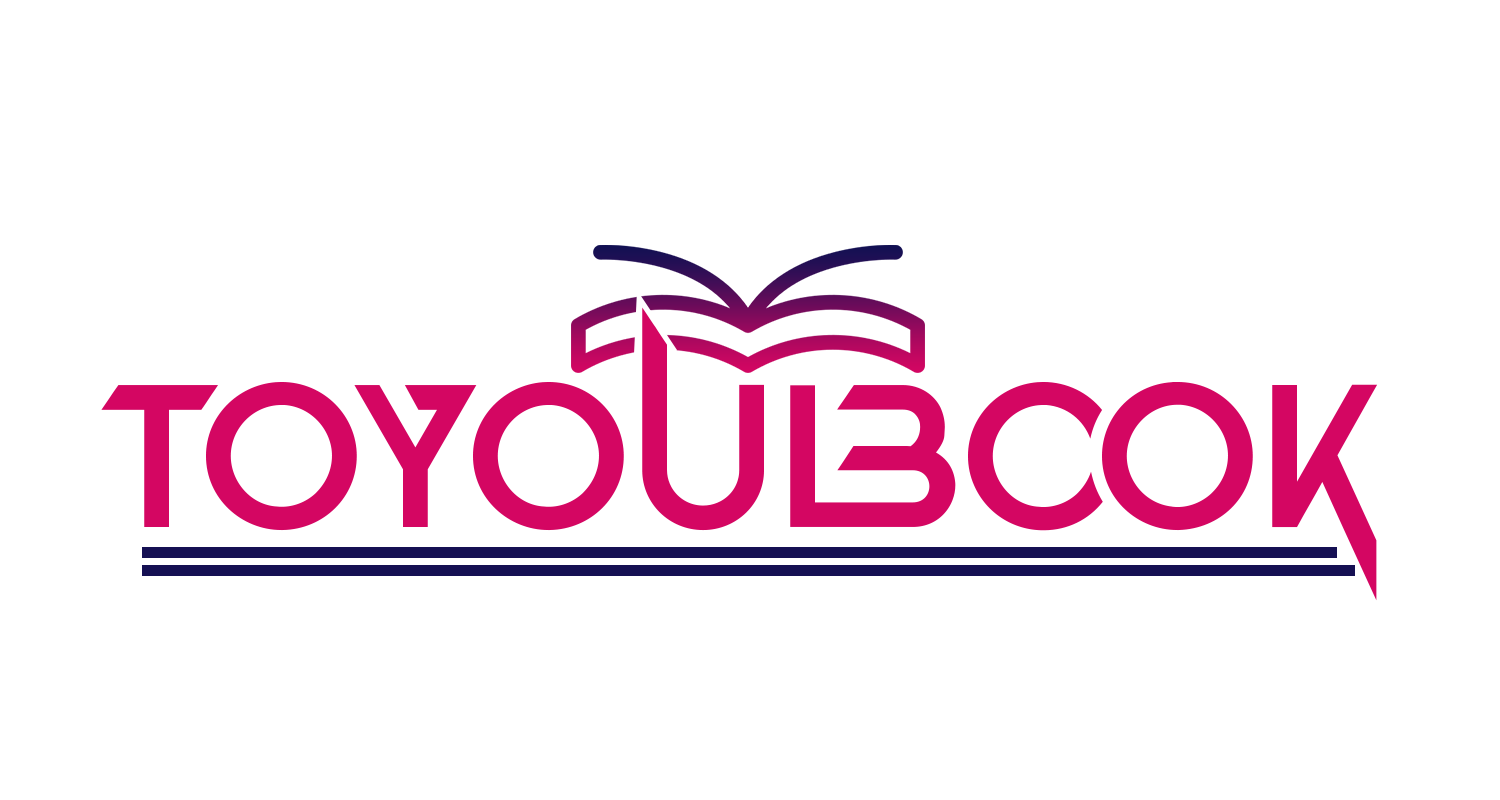In the world of cybersecurity, the certified ethical hacker dumps (CEH) certification is highly regarded as a testament to one’s proficiency in identifying and resolving vulnerabilities in computer systems. Achieving CEH certification requires a deep understanding of ethical hacking principles, tools, and techniques. However, some individuals resort to shortcuts, such as using “CEH dumps,” to try and pass the exam. In this article, we’ll explore what CEH dumps are, why they should be avoided, and the importance of legitimate exam preparation.
Understanding CEH Dumps
CEH dumps refer to unauthorized materials that contain actual or purported CEH exam questions and answers. These materials are often sold or shared on the internet and claim to provide a shortcut to passing the CEH exam. They are a form of cheating, as they provide candidates with a sneak peek at the questions they may encounter on the exam.
Why CEH Dumps Should Be Avoided
- Violation of EC-Council’s Code of Ethics: The organization that administers the CEH certification, the EC-Council, strictly prohibits the use of brain dumps and unauthorized materials. Engaging in such practices is a direct violation of their code of ethics and can result in the revocation of one’s certification.
- Risk of Exam Failure: Relying on CEH dumps may seem like a quick way to pass the exam, but it often leads to failure. The exam questions are frequently updated to ensure the certification’s relevance, making it highly unlikely that dump materials accurately reflect the current content.
- Inadequate Knowledge: Using dumps does not provide candidates with the knowledge and skills necessary to succeed in the field of ethical hacking. CEH certification is not just about passing an exam; it’s about acquiring the expertise to secure computer systems effectively.
- Harm to the Industry: Individuals who use dumps to obtain certifications without genuinely understanding the subject matter can undermine the credibility of the entire cybersecurity industry. Employers rely on certifications as a way to assess a candidate’s qualifications, and using dumps undermines this trust.
The Importance of Legitimate Exam Preparation
To earn the CEH certification and truly become an ethical hacker, individuals should follow the path of legitimate exam preparation. Here are some steps to consider:
- Official Training Courses
EC-Council offers official CEH training courses that cover the exam objectives comprehensively. Licensed teachers lead these courses and give students hands-on experience with ethical hacking tools and methods.
- Study Guides and Reference Materials
Utilize official CEH study guides and reference materials to reinforce your knowledge. These resources are intended to assist applicants in comprehending the subject content and preparing for the test.
- Practice Tests
Take advantage of esri certification practice tests, such as those offered by the EC-Council, to assess your readiness for the exam. These tests simulate the exam environment and provide valuable feedback on your strengths and weaknesses.
- Hands-On Experience
Ethical hacking is a practical field, so gaining real-world experience is crucial. Participate in capturing the flag (CTF) competitions, engage in bug bounties, and work on ethical hacking projects to apply your knowledge.
- Ethical Approach
Always maintain an ethical approach to hacking. CEH certification is about using your skills to identify and fix vulnerabilities responsibly and legally.
In conclusion, while the temptation to use CEH dumps may be strong, it’s essential to remember that the certification is not just a piece of paper; it represents a commitment to ethical hacking and cybersecurity principles. To truly succeed in this field and uphold its integrity, individuals should opt for legitimate exam preparation methods and avoid shortcuts that can harm their careers and the industry as a whole. Certified ethical hackers are critical to the security of our digital environment, and their abilities should be founded on a solid basis of knowledge and competence.

